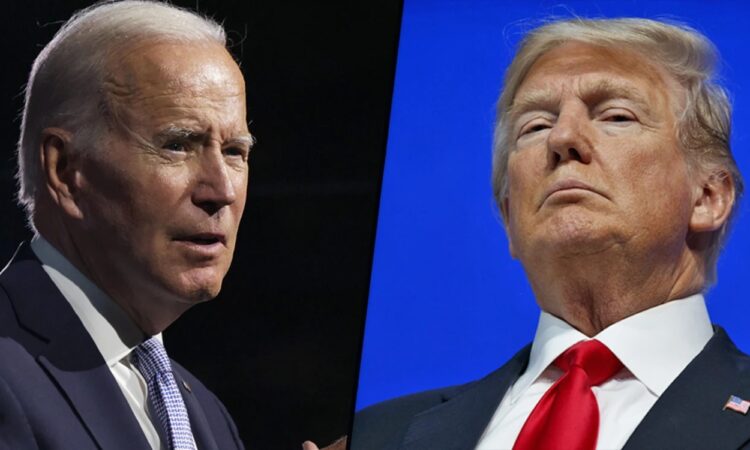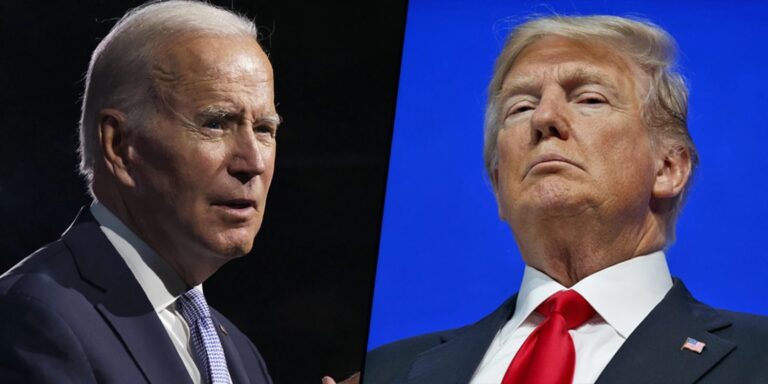

The 2024 U.S. elections are shaping up to be significantly influenced by the growing interest in blockchain and cryptocurrency. Both Republicans and Democrats are recognizing the importance of crypto voters, who could play a crucial role in deciding tight races.
Historically, Republicans have been more supportive of pro-crypto legislation. For instance, they spearheaded the passage of the Financial Innovation and Technology for the 21st Century (FIT21) Act, which aims to provide clearer regulations for cryptocurrency projects. However, recent developments show a shift among Democrats as well. In May 2024, a bipartisan coalition, including many Democrats, voted to overturn a restrictive SEC rule, indicating a growing acceptance of crypto within the party.
Former House Speaker Nancy Pelosi has recently avoided explicitly endorsing President Joe Biden as the Democratic nominee for the 2024 election. In a series of interviews, Pelosi emphasized that the decision to run is ultimately up to Biden, urging him to make a decision soon due to the limited time left before the election.
Tekedia Mini-MBA edition 15 (Sept 9 – Dec 7, 2024) has started registrations; register today for early bird discounts.
Tekedia AI in Business Masterclass opens registrations here.
Join Tekedia Capital Syndicate and invest in Africa’s finest startups here.
Pelosi’s comments have sparked discussions within the Democratic Party, as she remains a significant figure whose opinions are highly regarded. Despite her reluctance to fully endorse Biden, Pelosi’s spokesperson clarified that she supports whatever decision Biden makes, highlighting the importance of focusing on the broader goal of preventing a potential Trump presidency.
The U.S. House of Representatives recently attempted to overturn President Biden’s veto of the repeal of the SEC’s Staff Accounting Bulletin 121 (SAB 121), but the effort fell short. The House needed a two-thirds majority to override the veto but did not achieve this threshold. SAB 121, issued by the SEC, has significant implications for banks and financial institutions, particularly those involved in the custody of digital assets.
Here are some key effects:
Balance Sheet Impact: SAB 121 requires banks and financial institutions to record both a liability and a corresponding asset for the crypto assets they safeguard on behalf of customers. This means that these assets must be included on their balance sheets at fair value.
Increased Capital Requirements: By bringing customer crypto assets onto their balance sheets, banks face higher capital requirements. This can be a substantial burden, especially for institutions with significant digital asset holdings.
Compliance Costs: Implementing the requirements of SAB 121 involves significant compliance costs. Banks need to update their accounting systems and processes to accurately reflect these assets and liabilities.
Risk of Insolvency: There is a concern that SAB 121 could increase the risk of insolvency for banks. If a bank holding significant crypto assets becomes insolvent, the distinction between customer assets and bank assets could become blurred, potentially putting customer assets at risk.
Operational Challenges: Banks must ensure they have robust systems in place to manage and safeguard these digital assets. This includes cybersecurity measures, accurate record-keeping, and effective risk management practices.
SAB 121 is a controversial rule that requires banks to hold customers’ crypto assets on their balance sheets, which has been criticized for increasing capital requirements for banks handling digital assets. Despite bipartisan support for the repeal, the House vote did not gather enough support to overturn the President’s decision.
This outcome means that the SEC’s guidance on crypto asset accounting remains in effect, continuing to impact how banks and financial institutions manage digital assets. The debate over SAB 121 highlights the ongoing tension between regulatory bodies and the evolving cryptocurrency industry.
Polls suggest that crypto voters could be a key swing bloc in the 2024 elections. A significant number of these voters prioritize candidates who support clear and favorable crypto regulations. Interestingly, while crypto owners tend to support Democratic candidates for Congress, they lean towards Donald Trump over Joe Biden in the presidential race.








